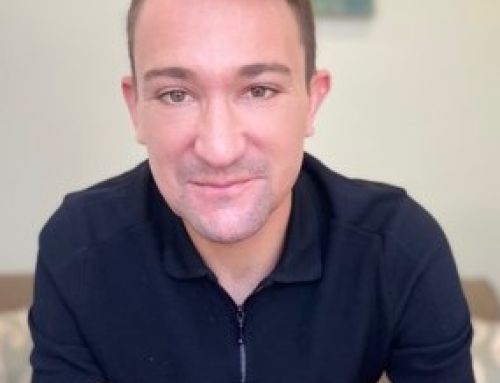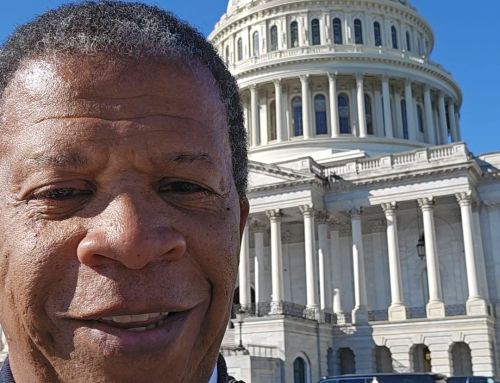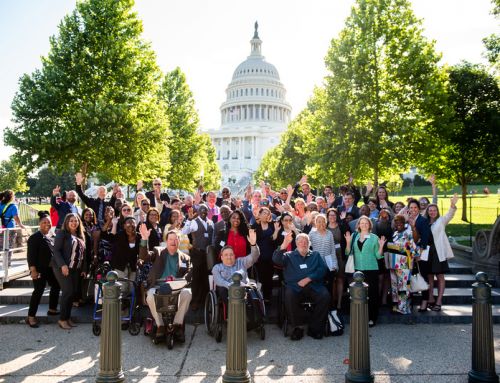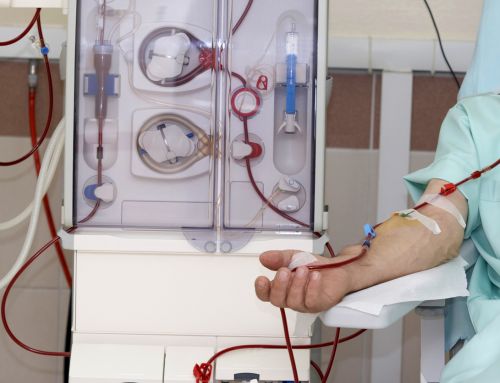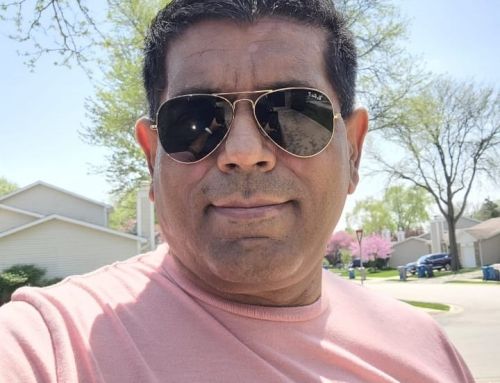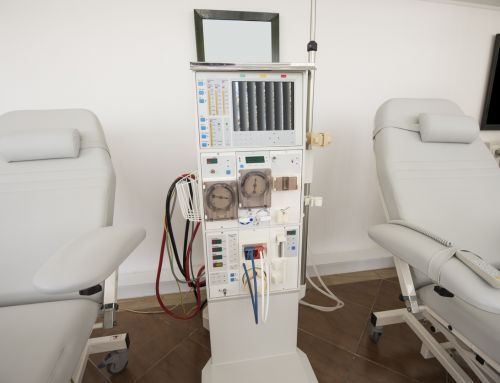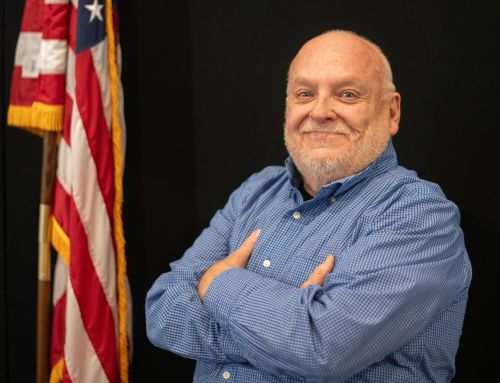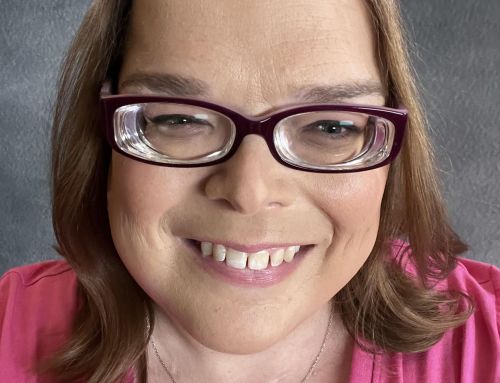“Life, Liberty, and the Pursuit of Happiness” are the inalienable rights which our government was created to secure. Thomas Jefferson famously penned these words when authoring the Declaration of Independence, but nearly 250 years later, those rights are at risk for dialysis patients thanks to a recent Supreme Court ruling.
penned these words when authoring the Declaration of Independence, but nearly 250 years later, those rights are at risk for dialysis patients thanks to a recent Supreme Court ruling.
This June, in Marietta Memorial Hospital Employee Health Benefit Plan v. DaVita Inc., the high court sided with a private insurer that was being sued for limiting its coverage of dialysis to 30 treatments. The court ruled the plan wasn’t discriminating against kidney disease patients, as the 30 treatment threshold applied to everyone on their plans, regardless of whether they had kidney disease.
However, as the dissenting justices noted — and as too many kidney patients are well aware — dialysis is not only a requisite treatment for kidney patients to live, but it is a treatment that only those with kidney disease need.
While the court correctly noted that the plan’s practice lessens health care coverage for all, it didn’t recognize it also discriminates against those on dialysis. Moreover, as dialysis patients need treatments several times a week, the 30 treatment threshold will be met in just a few months. The only option left for thousands of patients like me is to rely on Medicare for primary insurance.
While Medicare provides an important safety net for dialysis patients, we know just how expensive our care can be, especially since Medicare only covers 80% of the costs and supplemental insurance for those of us under 65 is often unavailable or the premiums are unaffordable. And it’s not just the increased out of pocket costs; since 1980, Medicare has given patients the choice to remain on their private insurance for 30 months or switch to Medicare immediately once their private insurance ends. The Supreme Court has taken that choice away, bypassing the Medicare Secondary Payer period and leaving us no choice but to place our lives in the hands of Medicare, coverage we did not choose.
Born with only one functioning kidney, my spina bifida made me ineligible for a kidney transplant. I’ve been on dialysis for the last 17 years, starting my treatments when I turned 25. I ran into my own problems with access to care, though, when Medicare wouldn’t cover a wheelchair I needed. The chair I had created a pressure point, but I wasn’t able to afford a new one on Medicare. In the end, I had to have an amputation because of the problems my wheelchair was causing. No patient should have to go through that.
While it hasn’t always been easy, dialysis has given me a chance to live my life on my own terms. After I started my treatments I was able to go back to college, and I discovered my passion and purpose — helping others with kidney disease to overcome the same challenges I’ve faced. I have been truly blessed to find this calling, but none of this would be possible without dialysis. Without dialysis, I wouldn’t be here today. And I am not the only one.
In my home state of Alabama, there are over 10,000 people dependent on dialysis in order to live, and thousands more are diagnosed with kidney failure every year. While the Supreme Court has added an unbelievable amount of stress and financial pressure to our lives, there is a way we can push to restore protections for dialysis patients. I’m grateful that Alabama has strong and compassionate leaders in Congress, with Representatives Terri Sewell (D-AL-7) and Mike Rogers (R-AL-3) fighting alongside their Senate colleagues, Bill Cassidy (R-LA) and Bob Menendez (D-NJ), to pass the Restore Protections for Dialysis Patients Act. This bill will return to dialysis patients their right to remain on private insurance for 30 months, as Congress had intended.
Andrew Conkling, Arab, AL

